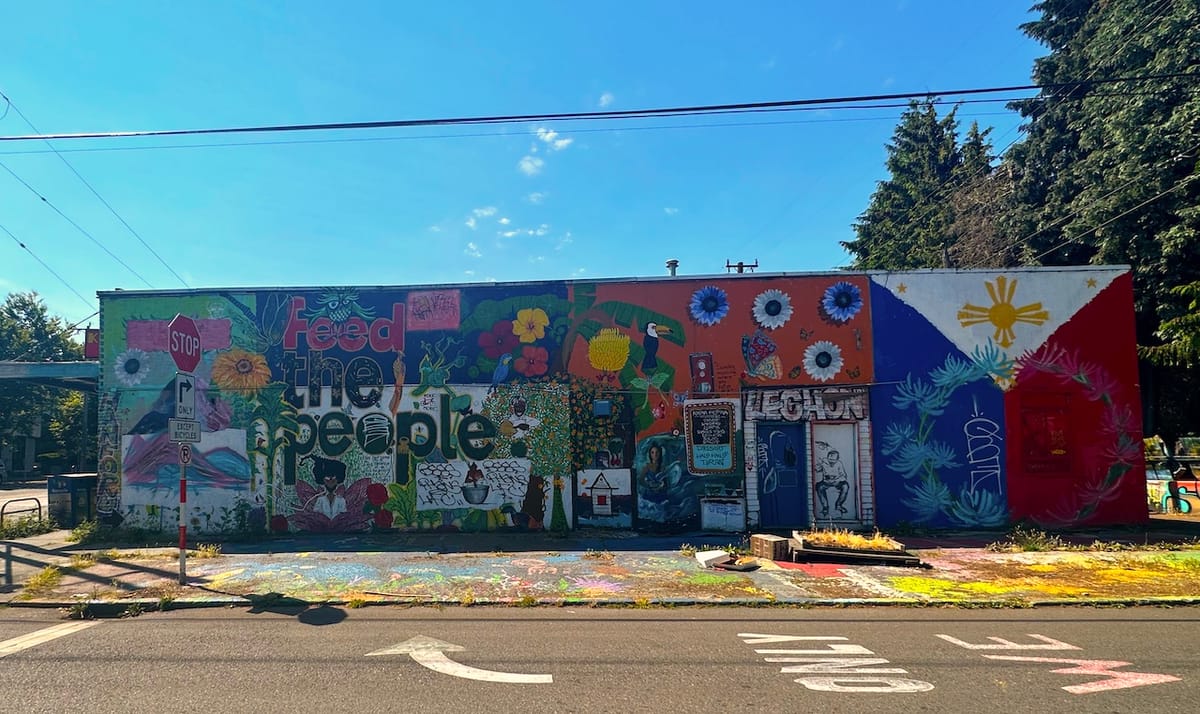catching up

So many people want to do the right thing. With enough awareness, we start to see the world of injustices embedded around us. We might think, “all I need to do is get a bunch of friends together and we can change the system!” Lots of people, including me at times, think change is more simple than it is. That’s how it looks in most populist media, right?
“C’mon, everyone! We can still save the theater! We just have to put on the best talent show this town has ever seen!” Or, “once our neighbors find out what happened here, they’ll rally around us for sure!”
In reality, passion for a cause is enough to start but not necessarily sustain a movement. It can work, but it takes organizing! The #stopcopcity movement can attest to how hard it really is. Even when a movement has a popular majority, the levers of power can and will still act against them. This is true in many systems, large and small, in offices and nationwide. Here are some ideas for catching up to an uprising.
do your research
Acknowledge that you are likely not the first person to notice a problem or envision a solution. Imagine seeking to abolish the police and prison system without learning from Angela Davis or Patrisse Cullors. You can start without their knowledge, but you may just reinvent what was clear to us decades ago. Learning what people have done in the past can help us modernize, not recreate their efforts.
join someone else’s cause
By the time you notice an injustice, chances are people have already started to work to undo it. A person even closer to an issue might have started laying the ground work for a larger movement. You don’t need to repeat what they’ve already done if you can align yourself with their efforts. Focus first on the Black, brown, and Indigenous voices in your community. If you’re in that group, focus on people with less privilege (class or education) than you. How does their agenda intersect with yours? How can you advance their agenda before your own?
I reference all the time the Combahee River Collective Statement, written in 1977. “If Black women were free, it would mean that everyone else would have to be free since our freedom would necessitate the destruction of all the systems of oppression.” When we focus on the needs of people who experience the most harm, we will undo systems of oppression for all.
fit in where you fit in
Tiffany Owens Reed wrote about finding alignment before you take action. The whole article on Strong Towns is great so I won’t share much: you need to read it. She has three questions readers can ask themselves when they want to take action at scale.
- Which activities generate their own energy, and which feel like a chore?
- Where have you excelled in the past?
- Which topics keep your interest for a long time?
The first question is my favorite. No meaningful change should happen with one person’s actions alone. We don’t need to be responsible for everything. We only need to know where we can fit in. What skills come naturally to you? How can we fit them for purpose in this movement?
It would be so nice if we could simply will the change we want to see in the world. But change is slow-going, burdensome, and may even take many lifetimes. For a journey like that, we need to catch up to the travelers ahead of us. It would be impossible to go alone.



